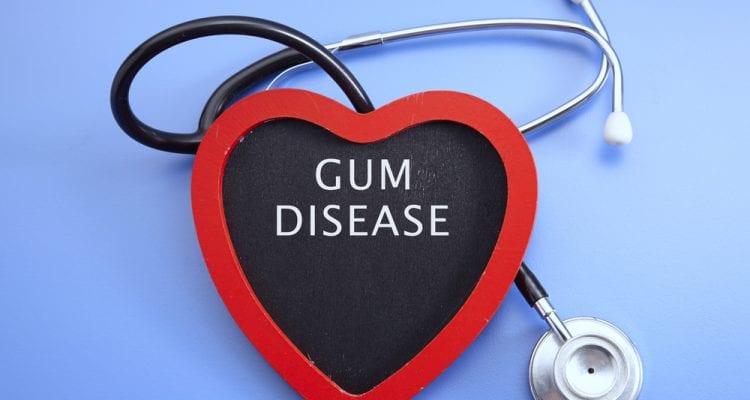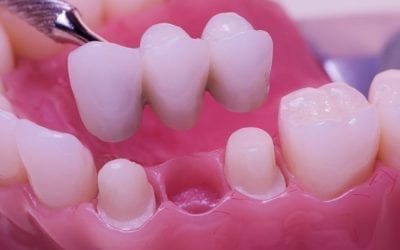The Link Between Gum Disease and Heart Disease
Not being diligent about your dental hygiene can affect more than your teeth and gums. For a while now, it’s been known that oral health can affect your overall health and vice versa, with medical experts discovering the links between bacterial infection is the mouth and diabetes and respiratory issues. It’s now been discovered that if you have gum disease, you could be up to 50% more likely to develop heart disease.
Bacteria and Inflammation
Gum disease is caused by a build-up of bacteria which causes inflammation in the gums. When you eat or brush your teeth, the bacteria enter the blood stream and contribute to cardiovascular disease. Since inflammation is the cause of almost all disease, it makes sense that once the bacteria start to circulate through your body, it causes inflammation in other areas which leads to the formation of arterial plaque. Atherosclerosis is a build-up of fatty deposits in the arteries which restricts blood flow or can clog them completely, leading to heart attack or stroke. Oral bacteria have been found in these fatty deposits.
Symptoms of Gum Disease
When we think of dental health, we think more about our teeth and tend to ignore our gums. Gum disease is often painless and goes unnoticed until it has become a serious health issue. Some of the signs of gum disease include bleeding when you brush, swollen, red and receding gums, loose teeth and constant bad breath. You could still have gum disease even though you have none of the above symptoms, so ensure you keep up your regular dental check-up appointments.
Treating Gum Disease
The severity of your gum disease will determine your treatment. Early gingivitis can be treated by a professional de-scaling and improved dental hygiene at home. Periodontitis is more advanced gum disease and must be treated with deep scaling of the teeth roots to remove bacteria and plaque from beneath the gums.
How to Prevent Gum Disease
The best way to prevent gum disease is to be vigilant and thorough with your oral hygiene. Brush and floss at least twice a day, preferably after every meal, and reduce your consumption of sugary food and drink that cause plaque. See your dentist for a check-up every six months, or more often if you have any signs of gum disease.
Could your Dentist Also Assess your Heart Health?
The link between gum disease and heart disease can’t be ignored and gives us even more reason to keep our teeth and gums clean and healthy. Before too long, your dentist may be able to examine your gums and give you a fairly accurate assessment of your heart health as well.
Dental Care – West Auckland
At Titirangi Dental, we provide caring, professional dental services for the whole family using the latest in dental equipment and technology. We’re dedicated to helping you maintain and improve your smile with a full range of general and cosmetic dentistry.
Call us on 09 817 6057, email us at reception@titirangi.wpengine.com, or contact us online for enquiries and expert advice about the symptoms and treatment of gum disease.





